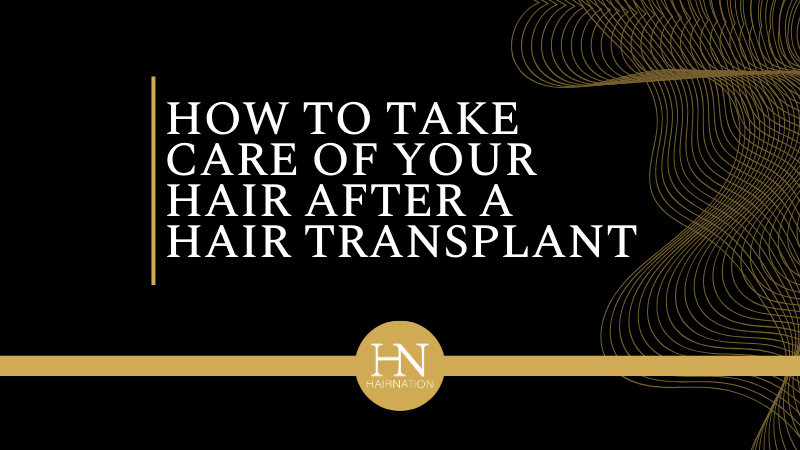- About
- Causes
- Procedures
- Treatments
- Before/Afters
- Pricing
- Transplant Financing
- FREE Consult
- Search Site

This blog provides a comprehensive guide on how to care for your hair after undergoing a hair transplant. It emphasizes the importance of gentle hair care, using mild shampoos and avoiding harsh treatment to the scalp to protect the fragile new grafts. Protecting the scalp from sun damage is crucial, with recommendations to wear a hat or apply sunscreen specifically safe for post-transplant care. A healthy diet and staying hydrated are highlighted as key factors that support the healing process and encourage the growth of strong, healthy hair. Finally, adhering to the surgeon's aftercare instructions is paramount for the best possible outcome, including any specific recommendations for washing, medication, and sleeping positions to ensure the new hair grafts are undisturbed and can flourish.
Undergoing a hair transplant is a significant step towards regaining not just your hair but also your confidence and sense of self. It's a journey that extends beyond the surgeon's chair, leading into the meticulous care of your new locks in the weeks and months that follow. The way you care for your hair after a transplant is paramount to the success of your recovery and the overall outcome of the procedure. Let’s explore the essential steps you need to take to ensure that your hair transplant is as successful and effective as possible.
Focus on a diet rich in vitamins A, C, E, iron, zinc, and omega-3 fatty acids to support healing and hair growth.
While individual experiences vary, most patients see significant growth within 6 to 12 months after the procedure.
You can start washing your hair gently a few days post-transplant, following your surgeon's specific guidelines to avoid harming the new grafts.
Hair loss is not something you have to accept. Effective and lasting solutions for hair loss for men and women are available. Through a comprehensive consultation, HairNation delivers accurate and insightful diagnosis and advanced hair restoration treatment strategies to guide you on your journey to complete and transformative hair restoration.
Contact us today by filling out the contact form below or by calling us at 1 (587) 952-8844. Complimentary virtual consultations are available for those inquiring about hair transplants, and for all other hair loss inquiries, complimentary in-person consultations are available.